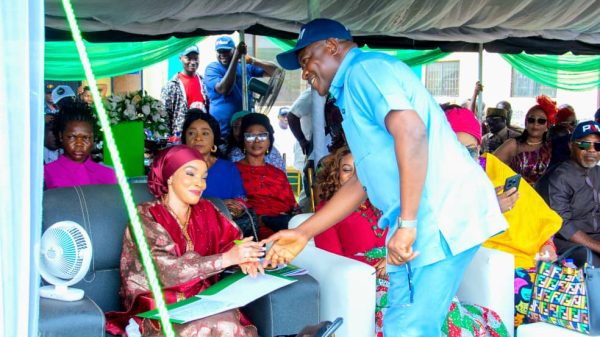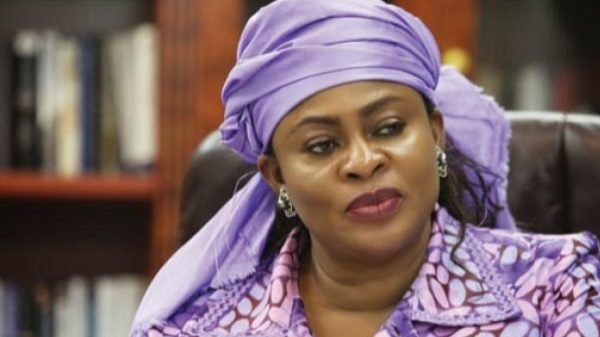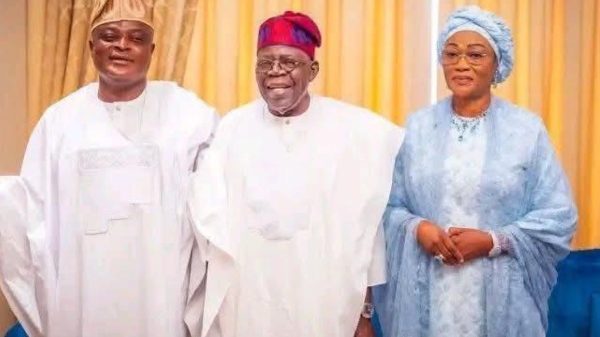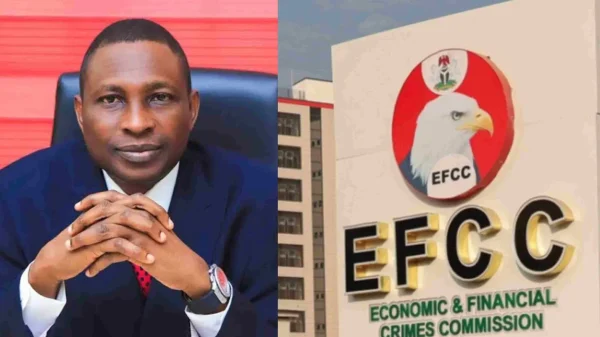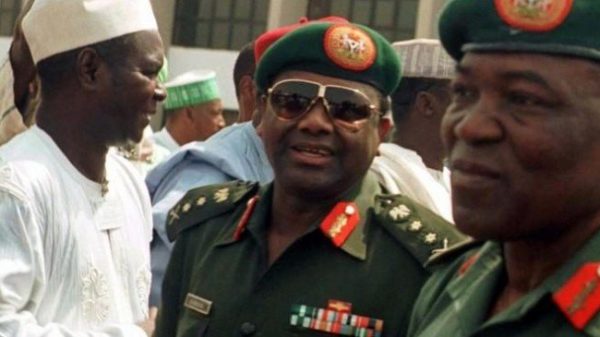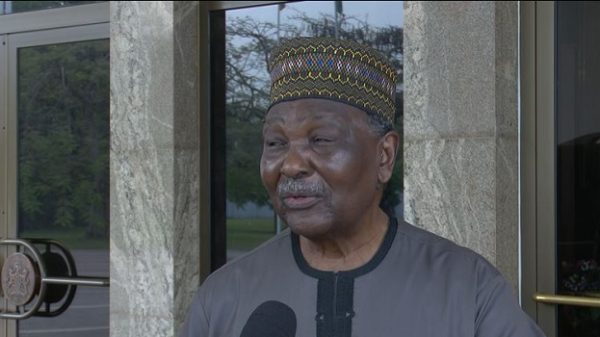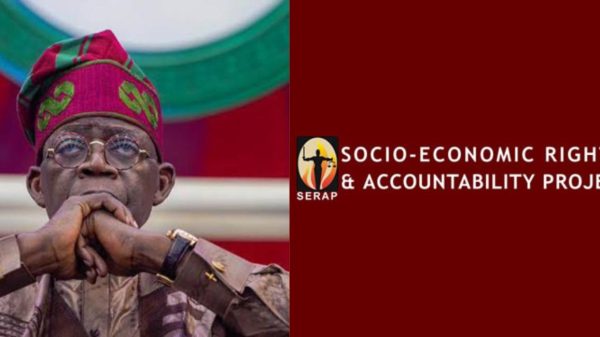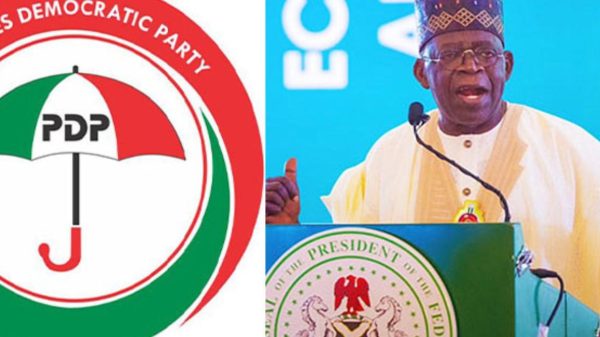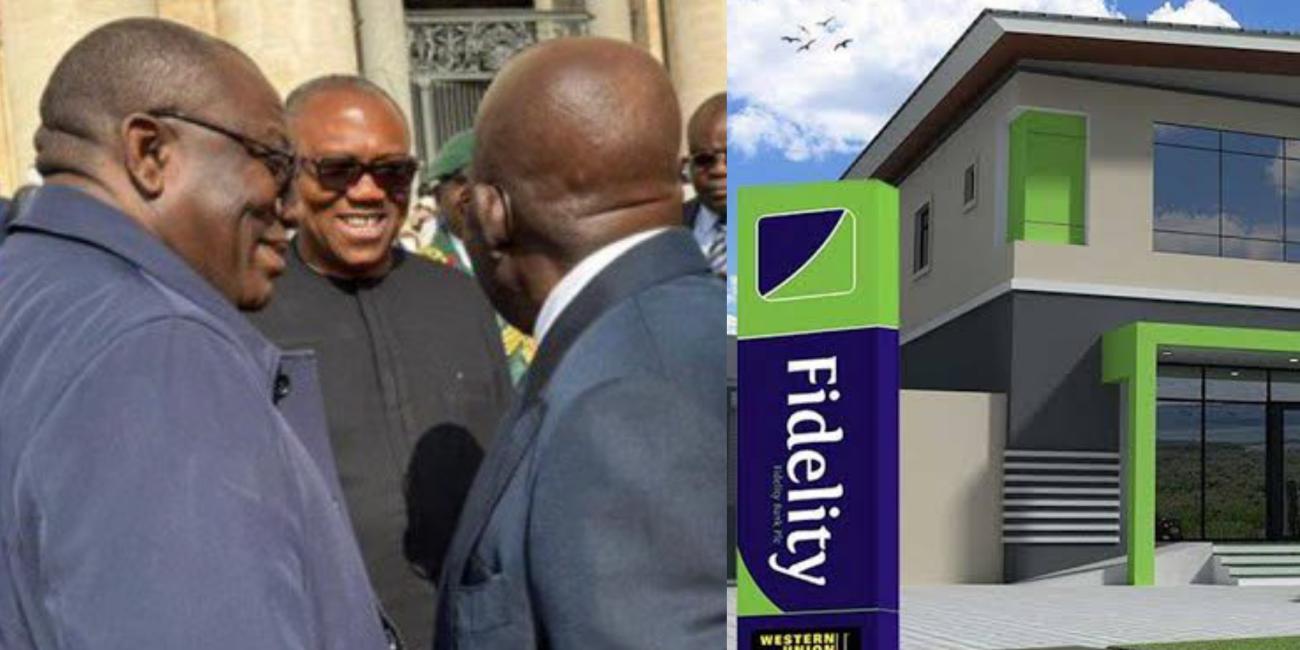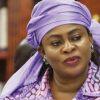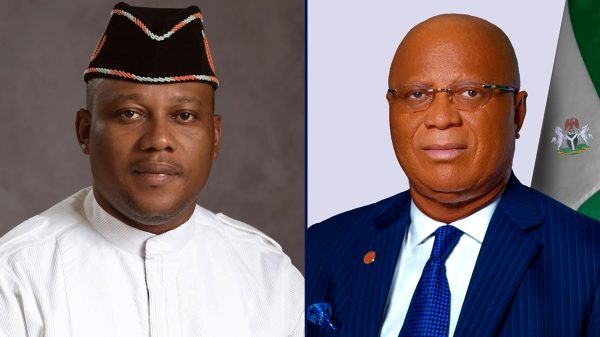Former Labour Party presidential candidate Peter Obi did not travel to Rome for religious purposes, contrary to public claims. Instead, insider sources have revealed that his trip was part of a desperate effort to seek President Bola Tinubu’s intervention in Fidelity Bank’s ₦225 billion debt crisis.
Obi, a former chairman and current stakeholder in Fidelity Bank Plc reportedly arranged the meeting with Tinubu to prevent the bank from collapsing under the weight of a court-ordered judgment debt linked to a dispute with Sagecom Concept Limited. The debt, initially stemming from a lawsuit involving loss of rental income from a luxury property in Ikoyi, has now compounded to an estimated ₦224.5 billion due to interest accumulation at 19.5% annually.
Though public statements framed Obi’s trip as part of his attendance at the papal inauguration of Pope Leo XIV, multiple sources confirm that the primary objective was a high-level meeting with Tinubu. The attempt was facilitated by former Ekiti State governor Kayode Fayemi, who accompanied Obi to Rome after previous domestic consultations with political figures including Governor Babajide Sanwo-Olu, Oba Adeyeye Ogunwusi, and Ayodele Fayose.
“The aim was to avoid the bank’s financial collapse and possible ripple effects on the Nigerian economy,” one source said.
The Presidency reportedly insisted that any meeting with Tinubu must occur publicly, not behind closed doors. This led to the calculated move by Obi and Fayemi to greet Tinubu during the Vatican event, a moment captured and shared by Presidential aide Bayo Onanuga, who confirmed Fayemi encouraged the handshake between the two former presidential rivals.
Despite Obi’s public claim that he attended the papal event as a church service and not for politics, sources suggest he was not originally invited to the inauguration and had no plans to attend, having already honored the late Pope during his burial.
Meanwhile, Fidelity Bank continues to publicly deny the ₦225 billion figure. It maintains that its actual liability is just ₦14 billion, alongside $633,750 (valued at ₦1.02 billion as of May 20, 2025), as disclosed in a 2024 public offering document.
The Supreme Court, however, upheld earlier judgments demanding full payment to Sagecom, and legal experts warn that non-compliance could lead to dire regulatory and financial consequences for the bank.
This situation further spotlights Obi’s offshore financial dealings, previously exposed in the Pandora Papers. The revelations linked him to shell companies in tax havens and raised legal concerns over asset declarations and business interests during his tenure as Anambra State governor. Obi has since denied any wrongdoing.
As speculation continues, the true reason for Obi’s Rome trip — a mix of politics, finance, and crisis management — adds a new dimension to Nigeria’s evolving financial and political landscape.


